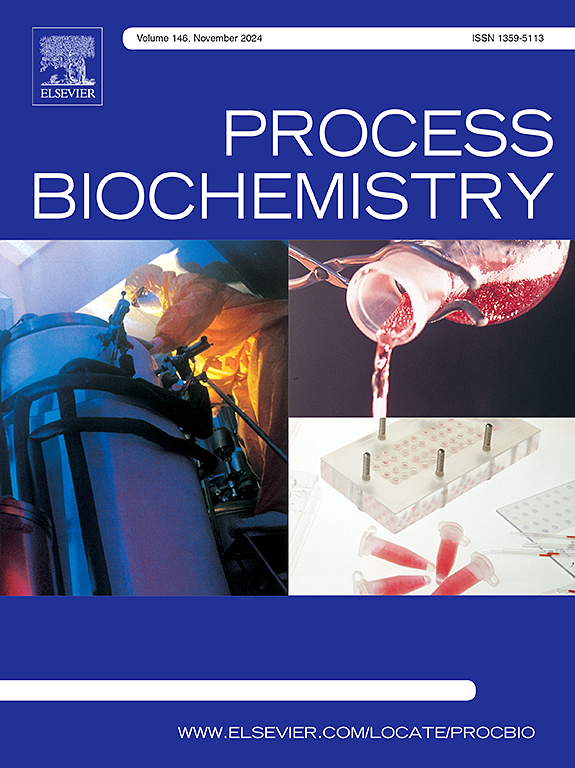A comprehensive review of large-scale extraction and purification of food-derived bioactive phenolic components
IF 4
3区 生物学
Q2 BIOCHEMISTRY & MOLECULAR BIOLOGY
引用次数: 0
Abstract
As the market for functional foods and nutraceuticals grows, traditional extraction methods often fall short of meeting large-scale production needs. This review analyzes recent advancements in large-scale extraction and purification methods for phenolic compounds, addressing the industrial demand for high-quality phenolic-rich products. It explores innovative technologies such as ultrasound-assisted extraction, microwave-assisted extraction, and pressurized liquid extraction. The challenges of scaling these technologies from laboratory to industrial scale are discussed, including maintaining bioactivity, optimizing process parameters, and ensuring cost-effectiveness. The review also covers advanced purification techniques like membrane filtration, adsorption processes, and advanced chromatographic methods. Additionally, the review highlights the environmental and economic aspects of large-scale phenolic extraction, emphasizing sustainable practices, such as eco-friendly solvents and waste valorization. It provides insights into the latest trends in process design and optimization, including computational modeling and process intensification strategies. Finally, the review identifies key areas for future research and development.
食品源性生物活性酚类成分大规模提取纯化技术综述
随着功能食品和营养保健品市场的增长,传统的提取方法往往不能满足大规模生产的需求。本文综述了酚类化合物大规模提取和纯化方法的最新进展,以满足工业对高质量富酚产品的需求。探索超声辅助萃取、微波辅助萃取、加压液体萃取等创新技术。讨论了将这些技术从实验室扩展到工业规模的挑战,包括保持生物活性,优化工艺参数和确保成本效益。综述还包括先进的净化技术,如膜过滤,吸附过程和先进的色谱方法。此外,该综述还强调了大规模酚提取的环境和经济方面,强调了可持续的做法,如环保溶剂和废物增值。它提供了对过程设计和优化的最新趋势的见解,包括计算建模和过程强化策略。最后,该综述确定了未来研究和发展的关键领域。
本文章由计算机程序翻译,如有差异,请以英文原文为准。
求助全文
约1分钟内获得全文
求助全文
来源期刊

Process Biochemistry
生物-工程:化工
CiteScore
8.30
自引率
4.50%
发文量
374
审稿时长
53 days
期刊介绍:
Process Biochemistry is an application-orientated research journal devoted to reporting advances with originality and novelty, in the science and technology of the processes involving bioactive molecules and living organisms. These processes concern the production of useful metabolites or materials, or the removal of toxic compounds using tools and methods of current biology and engineering. Its main areas of interest include novel bioprocesses and enabling technologies (such as nanobiotechnology, tissue engineering, directed evolution, metabolic engineering, systems biology, and synthetic biology) applicable in food (nutraceutical), healthcare (medical, pharmaceutical, cosmetic), energy (biofuels), environmental, and biorefinery industries and their underlying biological and engineering principles.
 求助内容:
求助内容: 应助结果提醒方式:
应助结果提醒方式:


